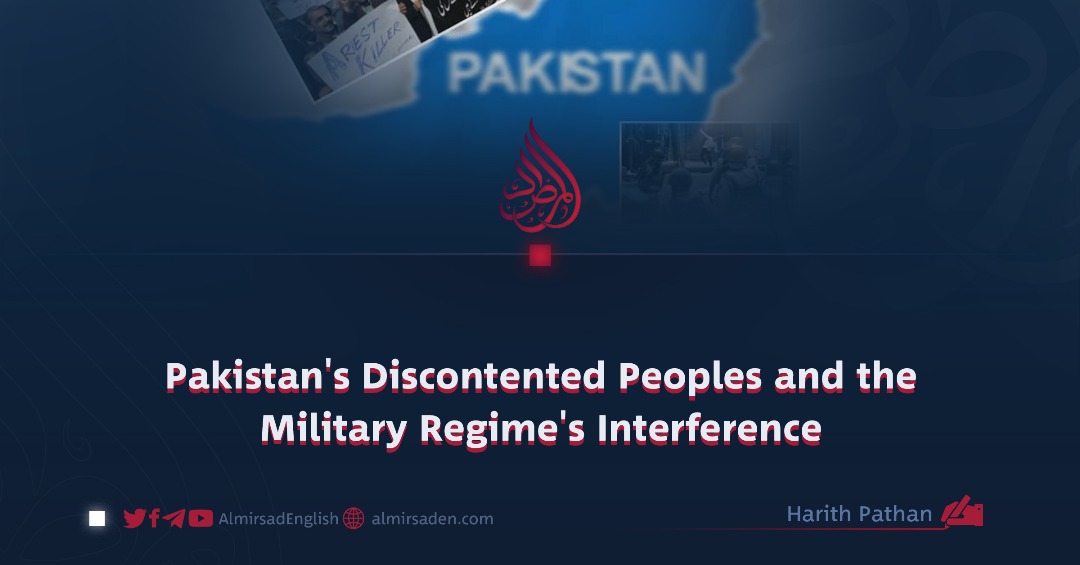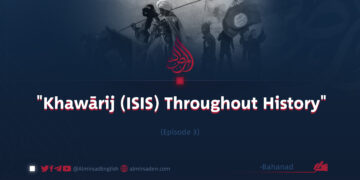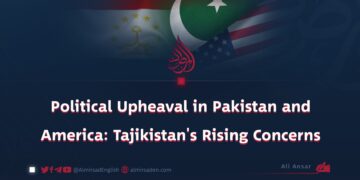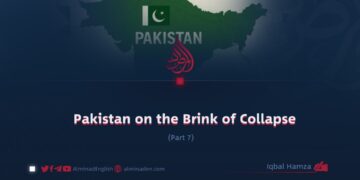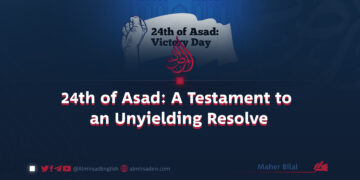By Harith Pathan
There is an old saying: “Look where you place your foot before you take a step.” Today, Pakistan has lost that wisdom. The state no longer commands control over its own affairs and has proven incapable of ensuring the safety of its citizens or addressing their most basic needs. The government’s oppression has reached such extremes that many among its people now wait, almost breathlessly, for the fall of this tyrannical regime.
Take the case of the Baloch, a proud and resource-rich ethnic group within Pakistan. Years of systematic exploitation and injustice have driven them to revolt. The confrontation between the Baloch and the state is no longer a passing event but a chronic wound, reopened again and again. Their land holds vast reserves of gas and minerals, yet they remain impoverished, watching their wealth flow elsewhere while their own children struggle to survive.
Instead of listening to their grievances, the government silences their voices. Civil and political activists are frequently arrested, abducted, or made to vanish without a trace. Many Baloch argue that the marginalization of their language and heritage amounts to a deliberate policy of cultural erasure, a fight they now wage to preserve their very identity.
The Pashtuns, too, have borne the brunt of this regime’s brutality. The military’s ongoing operations in the Pashtun belt are described as counterterrorism campaigns, yet they serve another purpose: the subjugation of an entire ethnic population. These assaults have left behind a trail of civilian deaths, ruined homes, and displaced families. In truth, such campaigns often seem less about combating terrorism than about subduing a proud and defiant nation. From this suffering has emerged a popular movement demanding an end to state violence and arbitrary detentions, a movement that vows to persist until justice replaces oppression.
Meanwhile, the state-controlled media paints the Pashtuns in a negative light, portraying them as threats rather than victims of the state’s excesses. Other marginalized groups, such as the Sindhis, the Gilgitis, and others, share similar frustrations. They seek self-determination: control over their own resources, local authority, and freedom from an exploitative center that has long ignored their existence.
Yet even as Pakistan burns within, its rulers reach outward. The same military establishment, infamous for its brutality, corruption, and failure to maintain security at home, has begun meddling in Afghanistan’s affairs. It seeks to export its own chaos, blaming a sovereign and resilient neighbor for its internal decay, and using foreign distraction to mask its domestic failures.
But the generals in Rawalpindi should heed the warning: the road they are on leads only to ruin. Continuing failed policies against the free and battle-hardened people of Afghanistan will bring nothing but humiliation and destruction. The lesson of history is clear: oppression never secures a nation’s future; it only hastens its fall.































